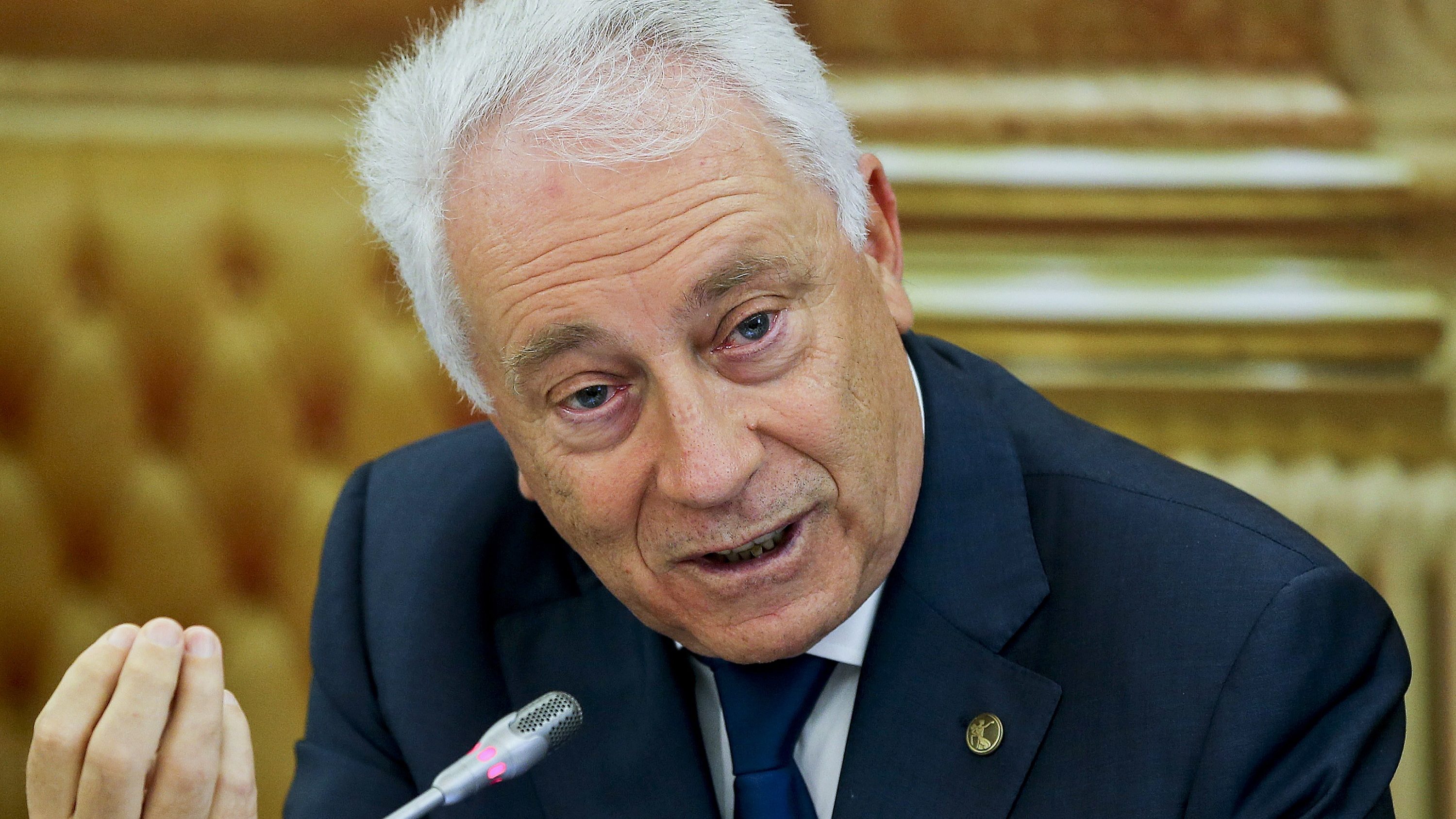Central bank will ensure banks don’t charge for deposits
Bank of Portugal is committed to banks complying with the law prohibiting them from charging for deposits.
Bank of Portugal on Thursday said that it is committed to banks complying with the law prohibiting them from charging for deposits, but that it is monitoring its implications for the sector after bankers have advocated this possibility.
In a position released on Thursday, Bank of Portugal recalled that the law in force prohibits a negative rate of return on deposits and that it is naturally committed to ensuring full compliance with this regulatory framework.
They added, however, that in any case, in line with the position previously expressed, Bank of Portugal will continue to monitor this issue and its implications for the financial system.
On Monday, at the Banca do Futuro conference, organised by Jornal de Negócios in Lisbon, the theme was launched by BCP’s chairman, Miguel Maya, who considered that it makes no sense for the bank to have hundreds of millions of euros deposited by large foreign institutional clients, with whom it has no other commercial relationship.
This happens because in their countries of origin these entities must pay to put the money in the banks, so they then transfer the money to Portuguese institutions.
Miguel Maya said that it is not in Millennium BCP’s mind to charge for deposits from customers and small businesses.
Asked about this position of BCP, the president of Caixa Geral de Depósitos (CGD), Paulo Macedo, said at the same conference that given the circulation of money in Europe there should be identical legislation in all countries.
For Novo Banco, also the executive chairman, António Ramalho, defended an identical system at the level of all Europe.
On the sidelines of the conference, in declarations to journalists, the president of BCP said that he has been talking about this issue with regulators but refused to give information about the reception of their interlocutors.
In Portugal, negative interest rates on deposits are not allowed (i.e. banks cannot charge for keeping depositors’ money), unlike in other European countries.
In July, at a hearing in parliament, the secretary-general of the Portuguese Banking Association (APB), Norberto Rosa, had already said that there had been a movement of large multinational companies or foreign investors coming to make deposits with Portuguese banks because there are countries where banks charge negative interest rates, which leads to an excess of liquidity that banks have to apply.
In September, the European Central Bank (ECB) lowered the rate on bank deposits from -0.40% to -0.50%, increasing the amount that banks pay to invest their excess liquidity (money that they do not lend), but introduced a two-tier system that allows part of the excess liquidity of the sector not to pay this cost, which should save millions of euros to Portuguese banks.
The average interest rate on new deposits made in August was set at 0.10%, a new historical minimum, according to data from the Bank of Portugal on Thursday. In the same month, the average interest rate on deposits in the eurozone was, for the first time, negative.



